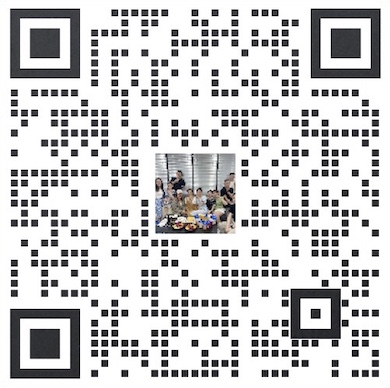
7x9小时
9:00am - 6:00pm
免费售前热线
13338363507
Regulatory Landscape for CRM Project Management: Staying Compliant
2024-02-06
Customer Relationship Management (CRM) projects are essential for businesses to effectively manage their relationships with customers and improve overall customer satisfaction. However, managing CRM projects comes with its own set of challenges, particularly when it comes to staying compliant with regulatory requirements. The regulatory landscape for CRM project management is complex and constantly evolving, making it crucial for businesses to stay informed and compliant.
One of the key challenges in CRM project management is ensuring compliance with data protection regulations. With the increasing amount of customer data being collected and stored in CRM systems, businesses must adhere to strict data protection laws to safeguard customer information. For example, the General Data Protection Regulation (GDPR) in the European Union requires businesses to obtain explicit consent from customers before collecting and processing their personal data. Non-compliance with these regulations can result in hefty fines and damage to the business's reputation.
Another important aspect of regulatory compliance in CRM project management is ensuring the security of customer data. Businesses must implement robust security measures to protect customer information from unauthorized access, data breaches, and cyber-attacks. This includes encryption of sensitive data, regular security audits, and employee training on data security best practices. Failure to secure customer data can lead to severe consequences, including legal action and loss of customer trust.
In addition to data protection and security, CRM project management also needs to consider compliance with industry-specific regulations. For example, businesses operating in the healthcare or financial services industries must adhere to strict regulations such as the Health Insurance Portability and Accountability Act (HIPAA) and the Sarbanes-Oxley Act (SOX). These regulations impose specific requirements on how customer data is handled, stored, and accessed, and non-compliance can result in severe penalties and legal repercussions.
To navigate the complex regulatory landscape for CRM project management, businesses need to adopt a proactive approach to compliance. This includes staying updated on the latest regulatory developments, conducting regular risk assessments, and implementing robust compliance management processes. It is also essential for businesses to involve legal and compliance experts in CRM project planning and implementation to ensure that regulatory requirements are met.
Furthermore, businesses can leverage technology to streamline compliance management in CRM projects. This includes implementing CRM systems with built-in compliance features, such as data encryption, access controls, and audit trails. Additionally, businesses can use compliance management software to automate compliance monitoring, reporting, and documentation, making it easier to demonstrate adherence to regulatory requirements.
In conclusion, the regulatory landscape for CRM project management is complex and challenging, requiring businesses to stay vigilant and proactive in ensuring compliance. By prioritizing data protection, security, and industry-specific regulations, businesses can mitigate the risks associated with non-compliance and build trust with their customers. Leveraging technology and involving legal and compliance experts can further support businesses in navigating the regulatory landscape and successfully managing CRM projects in a compliant manner.
↓Scan code to addqiqueadviser↓

↑Learn more digital scenes↑
Extended Reading:
Balancing Personalization and Privacy: Ethical Considerations in CRM Projects CRM and Project Accountability: Establishing Responsibility Protocols Handling Project Opt-Outs: Ensuring CRM Respects Privacy Wishes Data Ownership and Access Control: Establishing Clear Protocols in CRM Systems Consent Management in CRM: Navigating Privacy Regulations in Projects Transparency in Project Processes: Communicating Policies through CRM Ethical Considerations in CRM Project Management: Building Trust GDPR Compliance in CRM Project Management: Protecting Sensitive Data Project Portfolio Management: Optimizing Resource Allocation with CRM Leveraging CRM Project Data for Competitive Market Analysis more>>
Useful
Useless
Share on WeChat
Open within mini program
![]()
Open WeChat to "scan" and forward to friends
Open WeChat "Scan" and open it in the mini program
关闭预览


